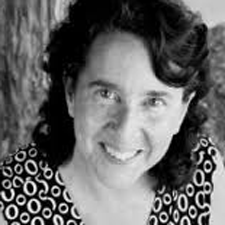October Financial Aid Checklist for Seniors
Posted on Thu, 10/11/2012 - 10:37
Paying for college is a concern for most families. This is the second installment in a monthly series for seniors on what you should be doing with regard to financial aid, written by college advisor Alice Kleeman. Remember, while in most families it is up to the parents to provide the bulk of the money for college costs to the extent of their ability to pay, it is the student who applies for student aid. Read, save and use these monthly reminders!
* Check with your high school about the availability of informational sessions on financial aid or scholarships at your school or in the surrounding community.
* Never pay a fee to locate financial aid or scholarship information. Beware of scams. You may see offers of help in obtaining financial aid or scholarships in the mail, on the Web, and in magazines. Some of these are legitimate. Others are not. Avoid any organization or service that either guarantees a reward or charges a fee for completing the FAFSA or applying for or receiving a scholarship. Information on legitimate financial aid and scholarships is easily available at no cost at:
• FAFSA








 Today, Alice Kleeman continues her excellent blog post about the "small stuff" that can trip up a college application process. Here are more of the frequently glossed-over college-related tasks that can make a difference:
Today, Alice Kleeman continues her excellent blog post about the "small stuff" that can trip up a college application process. Here are more of the frequently glossed-over college-related tasks that can make a difference: